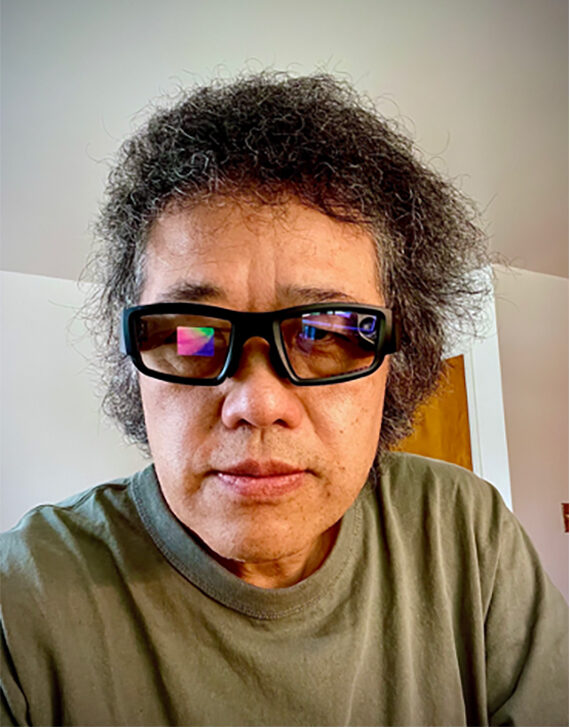
Yang Cai
Yang Cai, Ph.D., is the author of the monograph “Instinctive Computing” (Springer-London, 2017) and the textbook “Ambient Diagnostics” (CRC/Taylor and Francis, 2014). His research explores the frontier of artificial intelligence (AI) and augmented reality (AR), including Natural Intelligence and Extended Reality. He is the principal investigator for the current research project “Extended Reality (XR) with Real-Time AI Feedback for Laparoscopic Surgery Training,” sponsored by Wellcome Leap Foundation, and “Extreme Reality Telemetry for Public Safety,” sponsored by the National Institute of Standards and Technology (NIST).
Cai founded Visual Intelligence Studio (VIS) in 2004 at Carnegie Mellon University and moved VIS to UC San Diego in January 2023. The VIS team won the first-place award from the NIST’s Haptic Interfaces Challenge in 2019, and participated in the NIST Public Safety Communications Research Division’s panel on the future of AR/VR technologies in 2022. Currently, VIS is recruiting engineering talent at all levels.
He was a senior faculty at Carnegie Mellon University, where he taught graduate courses: Cognitive Video (electrical and computer engineering), Multimedia (electrical and computer engineering), Human Algorithms (art), Drone Information Systems (outdoor class), Creativity (university-wide course), and Innovation Process (human-computer interaction). He invented a special 3D high-definition surface scanner for documenting ancient rock art and has worked at Valcamonica Rock Art Archeology in the Alps in Italy for 15 summers. His research work was reported by the National Library of Medicine, NIST, NASA, BBC, Radio Austria, Radio Germany, and Ciornale Di Brescia.
Cai received his post-doctoral training from the pioneer of AI and Nobel laureate Professor Herbert A. Simon and the robotic vision pioneer Professor Martial Hebert at Carnegie Mellon University. While he was designing autonomous transit systems at Daimler-Chrysler, he received his Ph.D. degree in Autonomous Transportation from West Virginia University. He received an M.S. in Science and Technology Management and B.S. in Electrical and Computing Engineering from Zhejiang University.
Email address: yangc@ucsd.edu